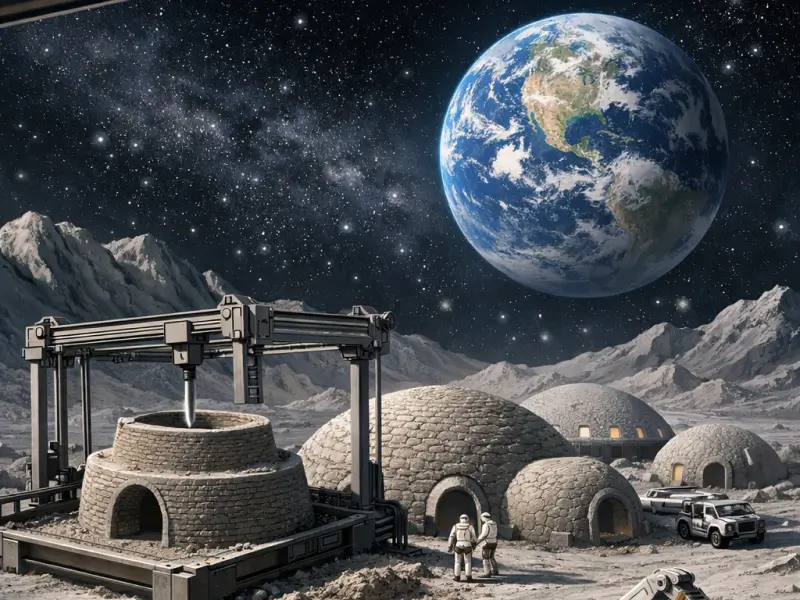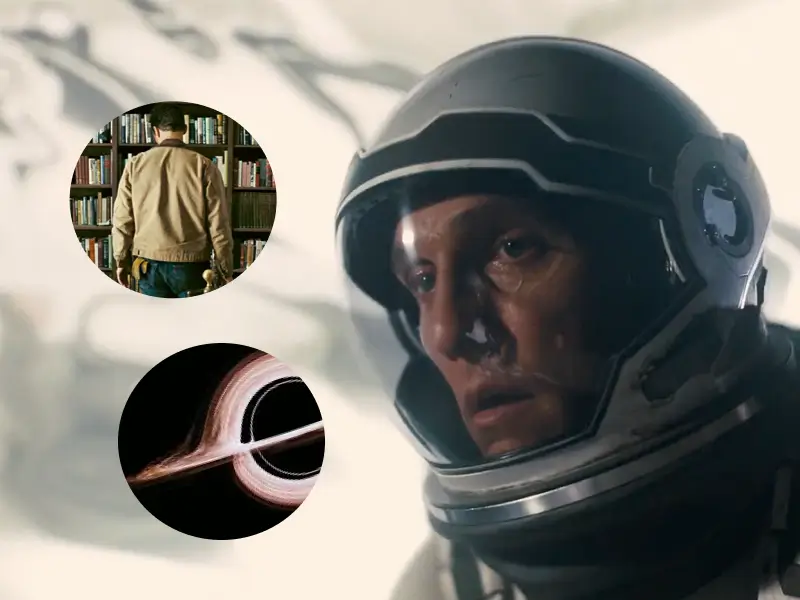The Science of Give and Take — Reciprocal Altruism
In humans, reciprocal altruism forms the backbone of society. Every time you lend a friend money, share notes with a classmate, or recommend someone for a job

Why do we help people who aren’t our family, sometimes even strangers, with no promise of reward? At first glance, altruism seems to defy logic. Evolution is supposed to favor survival of the fittest — not the most generous. Yet, across human history, cooperation has driven our progress more than competition.
The key lies in a quiet but powerful idea: reciprocal altruism.
Coined by biologist Robert Trivers in the 1970s, reciprocal altruism describes a behavior where an individual acts to benefit another — not out of selfless virtue, but because there’s an expectation (conscious or not) that the favor will be returned later. It’s not about immediate payoff, but about trust, reputation, and long-term survival within a social network. In simple terms: I help you today because I believe you’ll help me tomorrow.
This concept appears everywhere in nature. Among vampire bats, individuals who return from a successful hunt often regurgitate blood to feed their less fortunate roost-mates. But the generosity isn’t blind — bats remember who has shared with them before, and they tend to return the favor to those who once saved them from starvation. Among primates, grooming works the same way: one monkey picks the fleas off another’s fur, not only to build hygiene but also to strengthen alliances that might prove vital during conflicts or food sharing.
In humans, reciprocal altruism forms the backbone of society. Every time you lend a friend money, share notes with a classmate, or recommend someone for a job, you’re engaging in a subtle dance of mutual benefit. You’re investing social credit in a network where trust, fairness, and memory sustain cooperation. Unlike other species, humans have complex tools — language, culture, and morality — that expand this behavior beyond small tribes into global systems.
Even business and politics are built on reciprocal altruism. Companies collaborate with competitors through partnerships or open-source projects, knowing that shared innovation benefits all. Diplomats negotiate peace treaties, trading concessions today for stability tomorrow. Online, we “like,” “follow,” and “share” not just out of interest, but to build digital goodwill that may return as attention, support, or opportunity.
But there’s a catch: reciprocal altruism can be exploited. The system relies on fairness — cheaters who take without giving threaten to collapse trust. That’s why evolution has equipped us with a strong sense of justice and an instinct to detect freeloaders. We tend to remember betrayals more than kindness, because social survival depends on avoiding those who break the unspoken contract of cooperation.
At its heart, reciprocal altruism reveals something profound about being human. It shows that self-interest and kindness aren’t opposites — they’re intertwined. We help others not only because it feels right, but because, over time, helping others helps us too. Civilization itself may be nothing more than the accumulated interest of countless small acts of reciprocity — favors, trades, forgivenesses — echoing across generations.
In a world that often celebrates individual achievement, reciprocal altruism reminds us that progress is a shared endeavor. We rise by lifting others — and in doing so, ensure that when we fall, someone will be there to lift us back up.




